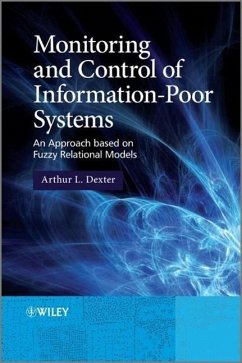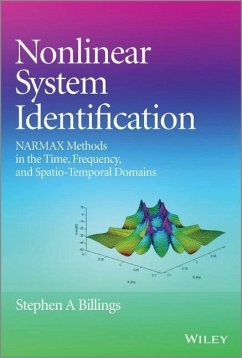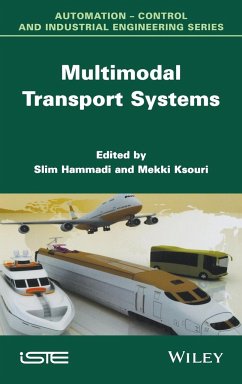
Sustainable Supply Chain Management
Versandkostenfrei!
Versandfertig in über 4 Wochen
134,99 €
inkl. MwSt.
Weitere Ausgaben:

PAYBACK Punkte
67 °P sammeln!
It is commonly recognized that logistics has become a major strategic issue for all companies, whether they are part of the primary, secondary or tertiary sector. Faced with the external pressures of globalization and competition, logistics optimizes processes and reduces production and delivery cycles.The use of Sustainable Supply Chain Management (SuSCM) is now increasingly at the center of thought, due to the numerous factors favoring its implementation: requests from various stakeholders, governmental pressures (decrees, laws, regulations, etc.), environmental pressures (pollution, disappe...
It is commonly recognized that logistics has become a major strategic issue for all companies, whether they are part of the primary, secondary or tertiary sector. Faced with the external pressures of globalization and competition, logistics optimizes processes and reduces production and delivery cycles.
The use of Sustainable Supply Chain Management (SuSCM) is now increasingly at the center of thought, due to the numerous factors favoring its implementation: requests from various stakeholders, governmental pressures (decrees, laws, regulations, etc.), environmental pressures (pollution, disappearance of fuel fossils, etc.) and societal pressures (reputation/image, protection, etc.). However, there are still obstacles to the implementation of SuSCM, including significant costs, the complexity of coordination and the lack of communication within the whole supply chain. Nevertheless, it should nowadays be included by any organization in its decisions towards a strategic approach towards sustainability.
This book presents each economic, environmental and societal aspect of SuSCM. By considering each of these dimensions separately, the primary objective is to facilitate the implementation of the elements that make it up. Readers are also provided with several "strategic interpretive lenses" to be able to perform audits and diagnostics of each component.
Contents:
1. The Economic Aspect of Sustainable Supply Chain Management.
2. The Environmental Aspect of Sustainable Supply Chain Management.
3. The Social/Societal Aspect of Sustainable Supply Chain Management.
4. Sustainable Supply Chain Management Balanced Scorecard.
About the Authors
Joëlle Morana is Lecturer in management science, attached to the Laboratoire d'Economie des Transports (Transport Economy Laboratory) at University Lumière Lyon II in France. Her fields of research concern economic, environmental and societal logistics.
The use of Sustainable Supply Chain Management (SuSCM) is now increasingly at the center of thought, due to the numerous factors favoring its implementation: requests from various stakeholders, governmental pressures (decrees, laws, regulations, etc.), environmental pressures (pollution, disappearance of fuel fossils, etc.) and societal pressures (reputation/image, protection, etc.). However, there are still obstacles to the implementation of SuSCM, including significant costs, the complexity of coordination and the lack of communication within the whole supply chain. Nevertheless, it should nowadays be included by any organization in its decisions towards a strategic approach towards sustainability.
This book presents each economic, environmental and societal aspect of SuSCM. By considering each of these dimensions separately, the primary objective is to facilitate the implementation of the elements that make it up. Readers are also provided with several "strategic interpretive lenses" to be able to perform audits and diagnostics of each component.
Contents:
1. The Economic Aspect of Sustainable Supply Chain Management.
2. The Environmental Aspect of Sustainable Supply Chain Management.
3. The Social/Societal Aspect of Sustainable Supply Chain Management.
4. Sustainable Supply Chain Management Balanced Scorecard.
About the Authors
Joëlle Morana is Lecturer in management science, attached to the Laboratoire d'Economie des Transports (Transport Economy Laboratory) at University Lumière Lyon II in France. Her fields of research concern economic, environmental and societal logistics.













